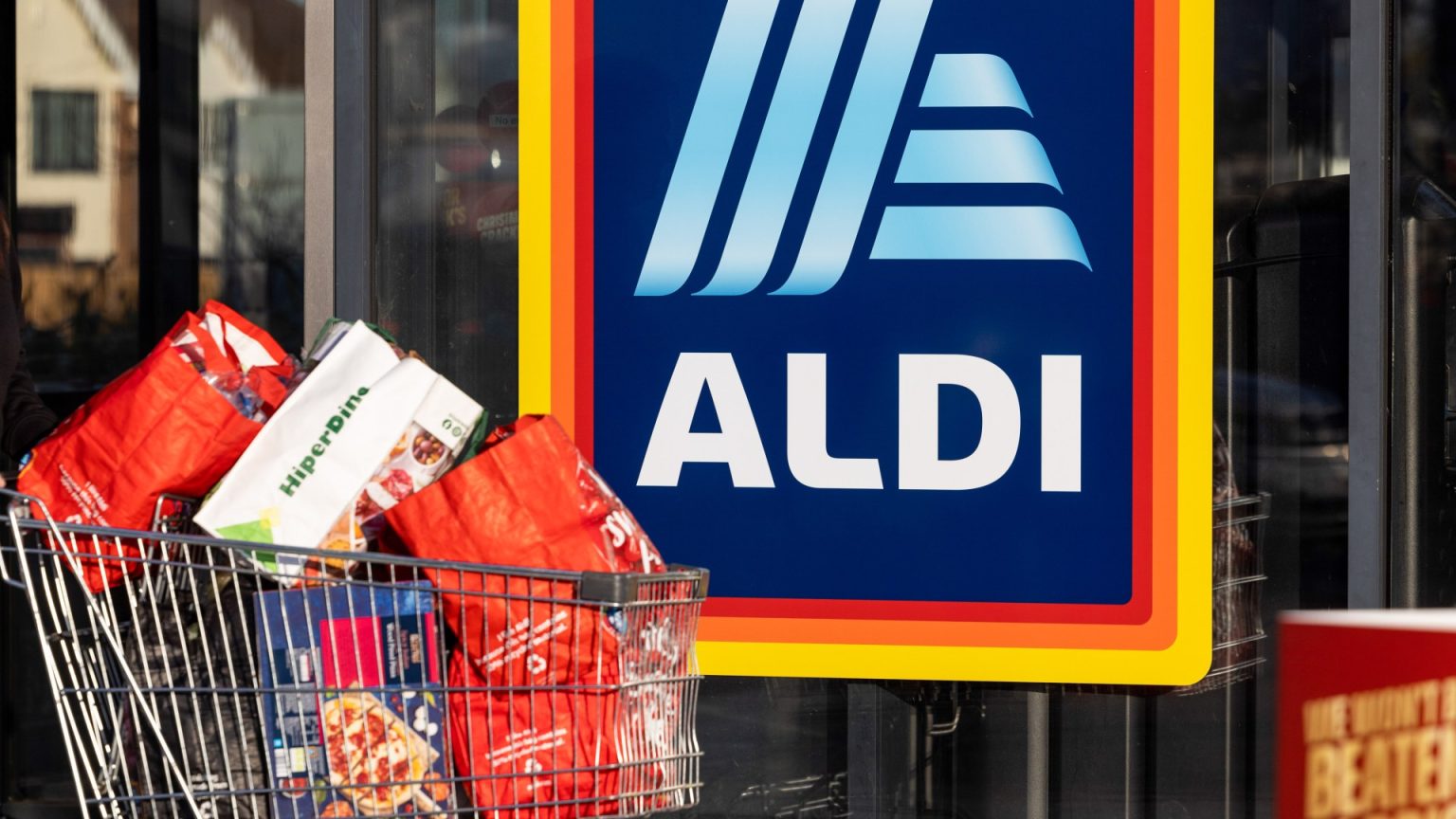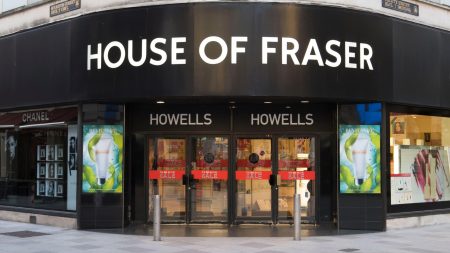Aldi, the renowned budget supermarket, finds itself embroiled in a legal battle with Thatchers, a family-run cider maker, over allegations of mimicking the packaging design of its popular cloudy lemon cider. The dispute centers around Aldi’s Taurus brand cider, which Thatchers claims bears a striking resemblance to its own product’s packaging, potentially misleading consumers into believing they are purchasing a cheaper version of the established brand. The legal wrangling has escalated to the Court of Appeal, where judges overturned a previous High Court ruling that dismissed the case. This reversal marks a significant victory for Thatchers and raises questions about the extent to which supermarkets can emulate the branding of established products.
The heart of the contention lies in the visual similarities between the two cider cans and their respective cardboard packaging. The Court of Appeal judges ruled that Aldi infringed Thatchers’ trademark through the design elements, although not the product itself. They argued that the resemblance was unmistakable and concluded that Aldi deliberately intended to evoke an association with Thatchers’ product in the minds of consumers. This association, the judges asserted, was calculated to convey the message that the Aldi cider was essentially the same as Thatchers, but at a lower price point. This strategy, the court found, leveraged the reputation and recognition of the Thatchers brand to boost sales of the Aldi product.
Despite the ruling against Aldi, the judges explicitly stated that they did not believe the supermarket intended to deceive or confuse customers. However, they acknowledged that Aldi had achieved significant sales of its cider in a short period without investing in promotional activities, suggesting that the similarity in packaging played a role in attracting consumers. This raises a critical point about the balance between offering affordable alternatives and respecting the intellectual property rights of established brands. The ruling underscores the potential legal ramifications of packaging designs that create an impression of similarity, even without explicit intent to mislead consumers.
Aldi has expressed disappointment with the Court of Appeal decision, stating its intention to appeal. The supermarket maintains that its customers are discerning and understand the distinction between its exclusive brands and more expensive branded products. This argument hinges on the premise that consumers are aware they are purchasing an Aldi product, regardless of any resemblance to established brands. However, the Court of Appeal ruling suggests that even if consumers are not actively confused, the implied association with a well-known brand can unfairly benefit the supermarket by capitalizing on the reputation and marketing efforts of the original product.
Thatchers, on the other hand, celebrates the ruling as a victory not only for its family business but also for all businesses facing the challenge of “copycat” products. The cider maker views the decision as a validation of its intellectual property rights and a deterrent to competitors who might attempt to mimic successful product designs. The case highlights the ongoing tension between established brands seeking to protect their market share and budget supermarkets striving to offer consumers affordable alternatives. The legal battle raises fundamental questions about competition, consumer perception, and the boundaries of acceptable product imitation.
Beyond the immediate legal implications, the Aldi-Thatchers case reflects broader concerns about intellectual property rights and competitive practices in the retail industry. The increasing prevalence of “dupe” products, often found in supermarkets’ own-brand offerings, raises questions about the ethical implications of mimicking established products. While consumers benefit from lower prices, the practice potentially undermines the innovation and investment of established brands. The legal landscape surrounding product imitation remains complex, and the Aldi-Thatchers case adds another layer of complexity to the ongoing debate about the permissible limits of inspiration versus outright copying in the marketplace. The ultimate outcome of the appeal process will likely have significant implications for the retail sector and the strategies employed by both established brands and budget supermarkets.











